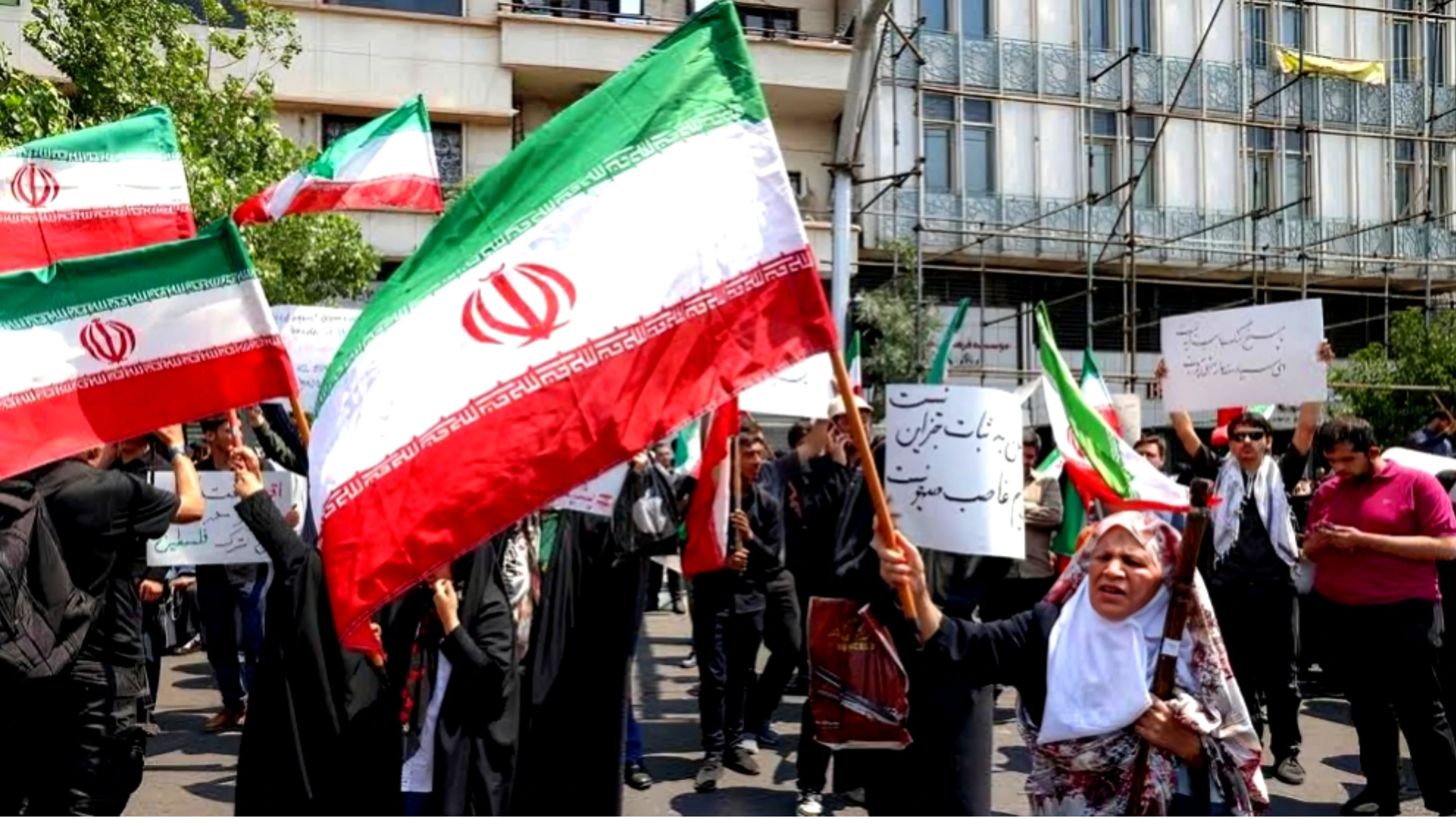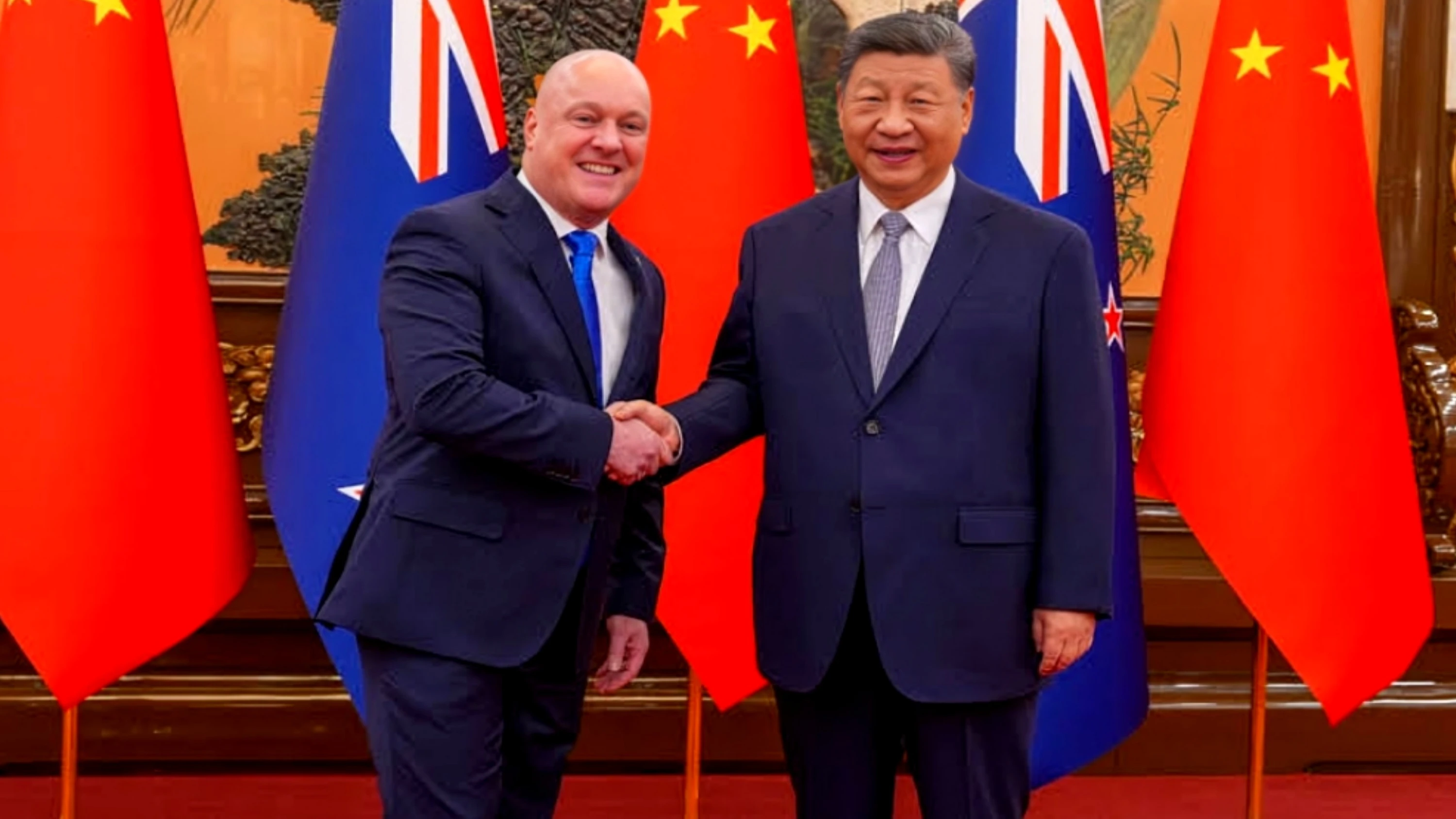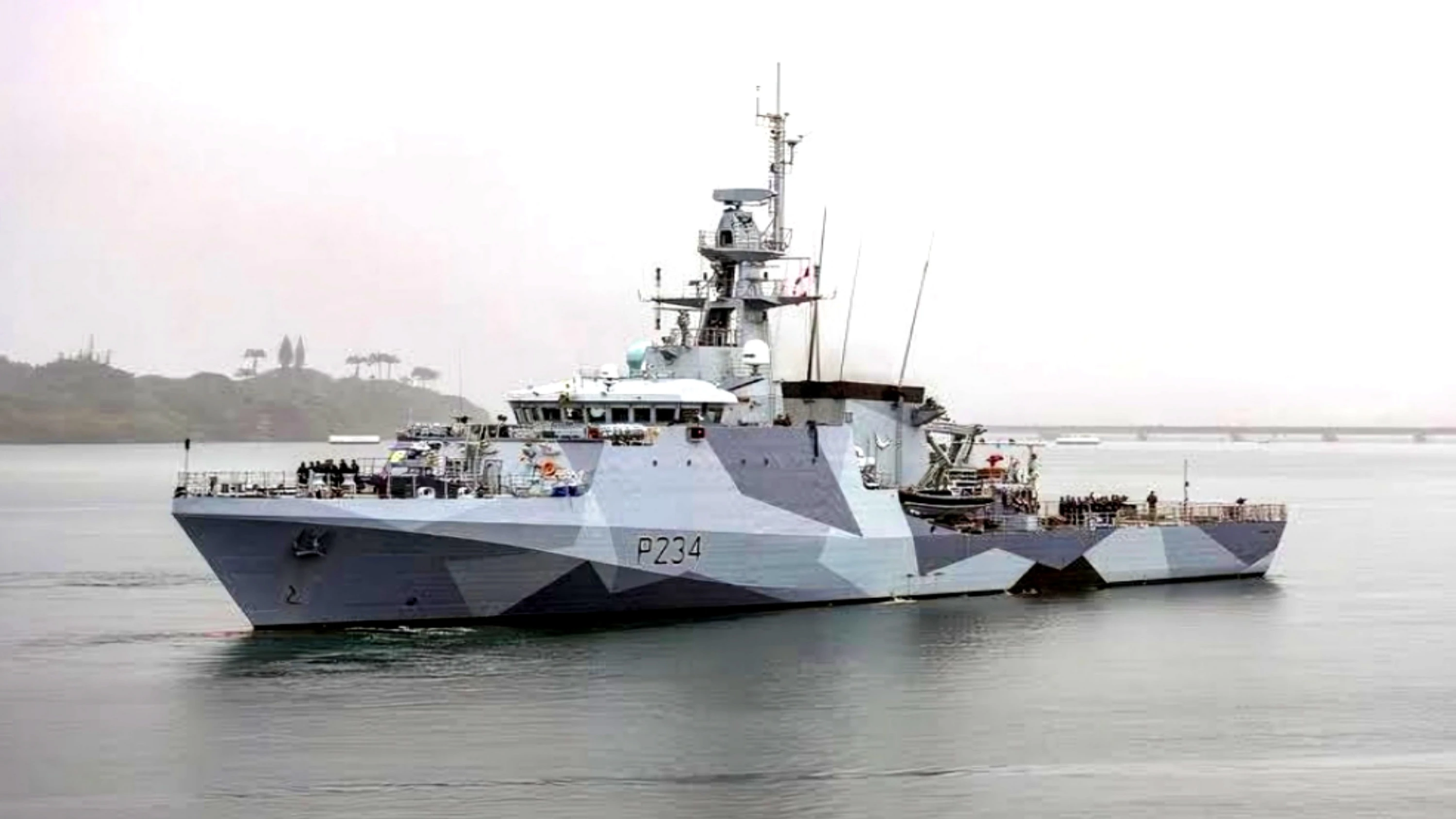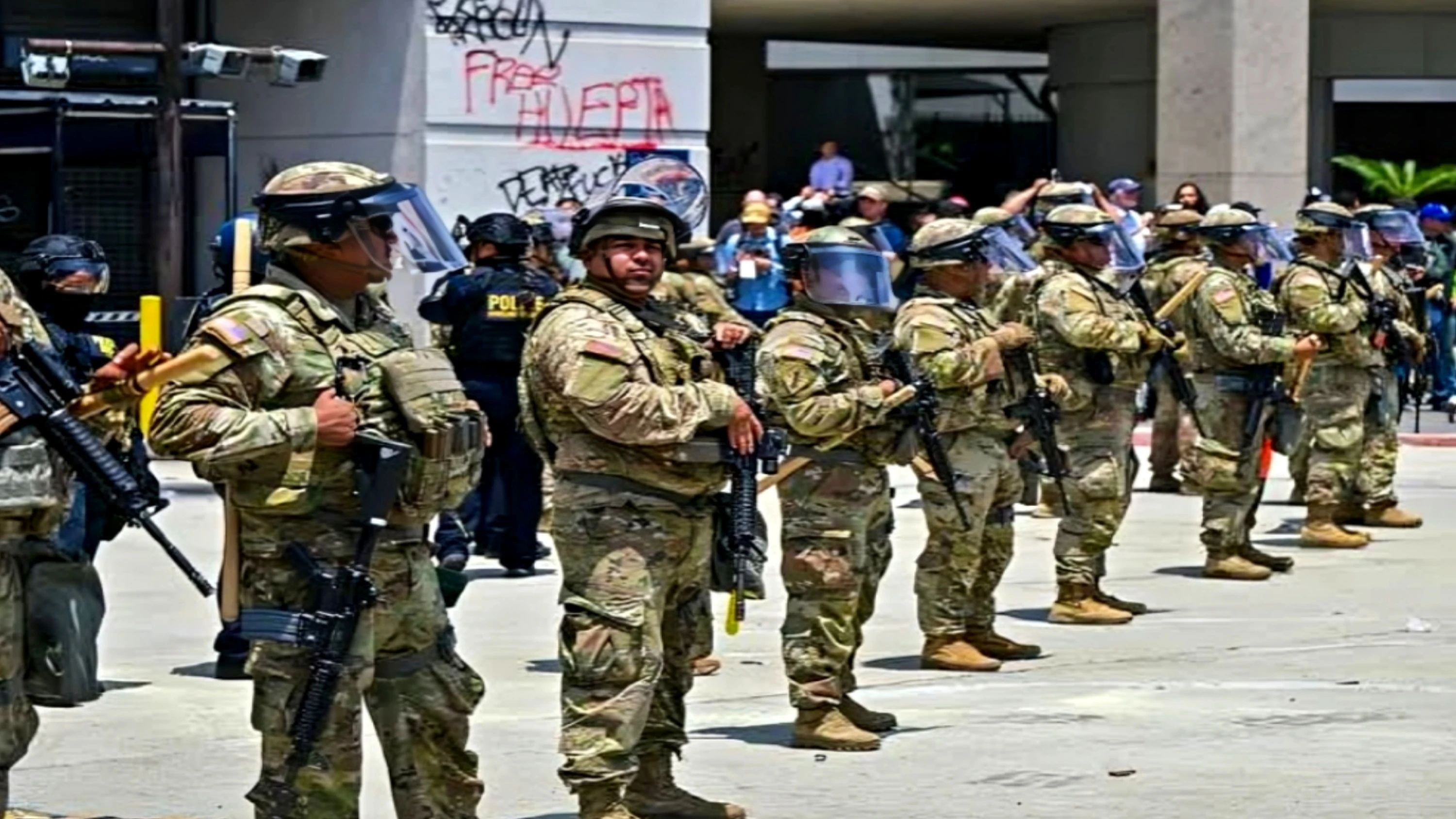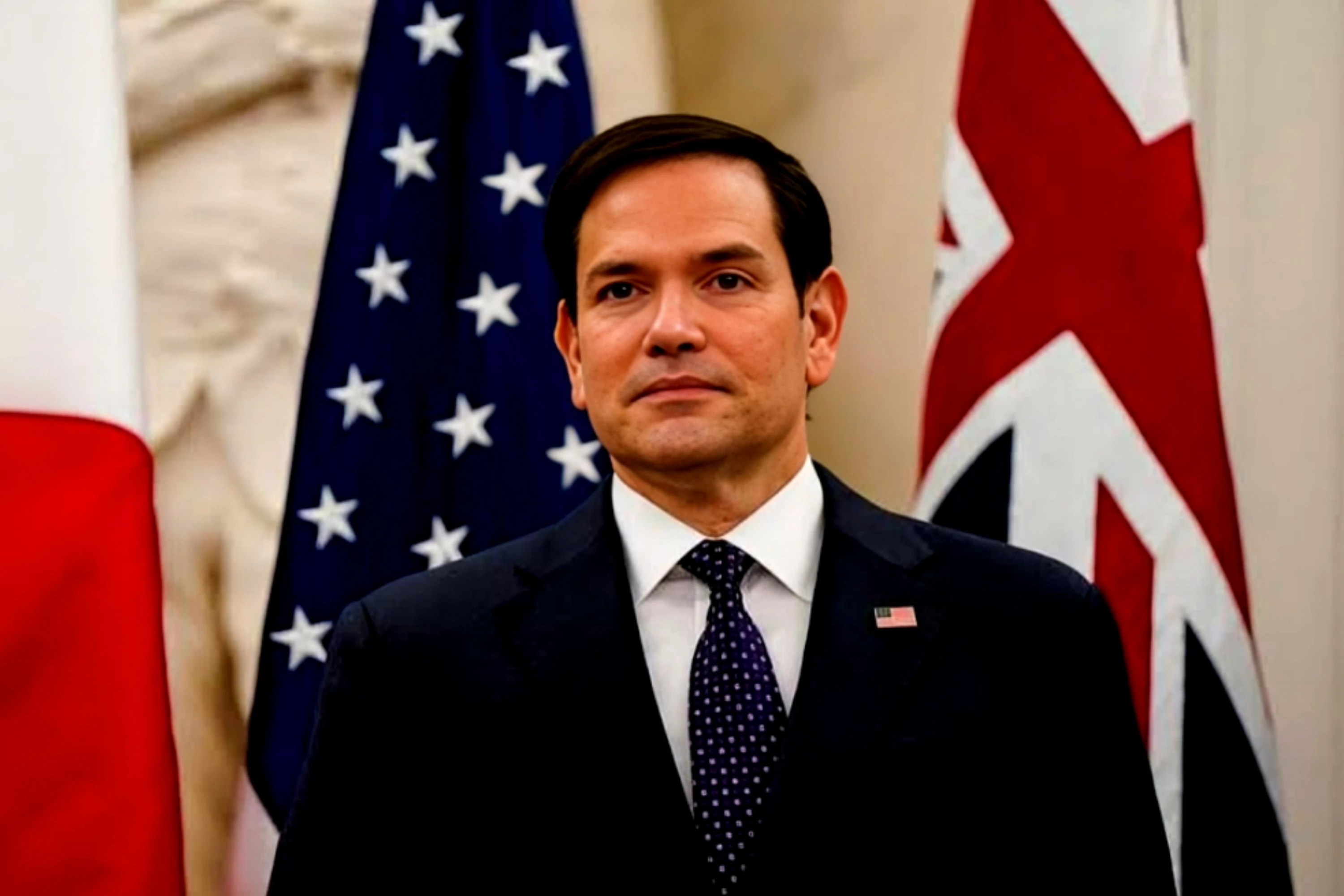Washington/Tehran: The United States’ surprise military strike on Iran over the weekend has intensified concerns that the ongoing conflict between Israel and Tehran could spiral into a broader regional war. Governments around the world reacted swiftly on Sunday, urging restraint and emphasizing the need for diplomacy.
Despite initially stating he would deliberate for two weeks before intervening, President Donald Trump authorized military action just days after making his announcement, aligning the U.S. directly with Israel’s military campaign. Details of the damage from the strikes remain limited, but Iran had previously warned that it would retaliate should Washington become directly involved.
With tensions surging, analysts question whether Tehran—already under immense pressure—will stand down or respond forcefully, potentially activating allied militias across the Gulf to target U.S. interests.
Global Reactions to the Escalation
Iran
Foreign Minister Abbas Araghchi condemned the strike, describing it as a “serious violation” of international law and the U.N. Charter. Writing on social platform X, he warned of “everlasting consequences” and affirmed that Iran reserves the right to defend itself under international provisions.
United Nations
U.N. Secretary-General António Guterres expressed deep alarm, warning that the conflict risks spiraling out of control. In a statement on X, he urged global leaders to de-escalate the situation. “There is no military solution,” he said. “The only path forward is diplomacy.”
Russia
Moscow strongly condemns the US attacks on nuclear facilities in Iran, the Russian Foreign Ministry said.
The UN Security Council is obliged to respond to this attack, they stressed.
The attack on Iranian facilities has damaged the nuclear non-proliferation regime, and Russia is awaiting a response from the IAEA, the department added.
New Zealand
Foreign Minister Winston Peters called for an immediate return to dialogue. He stopped short of supporting the U.S. action, saying the situation was still developing. “This is the most serious crisis I’ve ever dealt with,” Peters noted, emphasizing the importance of avoiding further escalation.
China
A commentary by Chinese state broadcaster CGTN sharply criticized the U.S. action, comparing it to the 2003 invasion of Iraq. The article warned of unintended consequences and advocated for diplomatic solutions over military interventions.
Japan
Japan’s Prime Minister Shigeru Ishiba convened an emergency cabinet session on Sunday, NHK reported. Yomiuri Shimbun, the country’s leading newspaper, issued a rare extra edition in response to the attack.
South Korea
South Korea’s presidential office announced emergency consultations to assess the implications of the strike on both security and economic fronts.
Australia
The Australian government, which had already closed its Tehran embassy and evacuated diplomatic staff, reiterated its call for peace. In a written statement, a government official expressed concern over Iran’s nuclear and missile programs but stressed that “now is the time for diplomacy.”
Mexico
The Mexican Foreign Ministry issued a call for peaceful dialogue, reiterating its commitment to pacifism and urging all parties to de-escalate tensions in the Middle East.
Venezuela
Foreign Minister Yvan Gil condemned the U.S. strike as an act of aggression orchestrated alongside Israel, and demanded an immediate cessation of hostilities. He highlighted attacks on key Iranian nuclear sites, including Fordow, Natanz, and Isfahan.
Cuba
Cuban President Miguel Díaz-Canel echoed Venezuela’s condemnation, characterizing the U.S. bombing as a serious escalation that endangers international peace and violates global legal norms.
Iraq
Through its state-run news agency INA, the Iraqi government voiced deep concern, warning that continued military actions could destabilize the broader region and impact neighboring states.
United Kingdom
British Prime Minister Keir Starmer has expressed support for recent US military strikes targeting Iran’s nuclear facilities, describing Tehran’s nuclear ambitions as a significant threat to global security. He emphasized the importance of maintaining stability in the Middle East and urged Iran to return to diplomatic negotiations.
Oman
Oman’s Foreign Ministry condemned the US strikes, labeling them an act of unlawful aggression and calling for an immediate de-escalation of tensions in the region.
European Commission
Vice President of European Commission Kaja Kallas warned that Iran must not be permitted to acquire nuclear weapons and urged all parties—including the US, Iran, and Israel—to resume talks to prevent further deterioration.
Netherlands
Dutch Foreign Minister Caspar Veldkamp acknowledged the US operation as a new phase in what he described as a deeply troubling situation. He announced that the Netherlands would convene a meeting of its National Security Council later in the day to assess the implications of the developments.
Pakistan
Pakistan has strongly condemned the recent U.S. strikes on Iran's nuclear facilities, calling them a continuation of Israeli aggression, according to a statement from the Foreign Office spokesperson. Expressing deep concern over the escalating tensions in the region, the spokesperson stated that the attacks represent a blatant violation of all norms of international law. The statement emphasized that Iran has the right to self-defense under the UN Charter, and that the ongoing hostilities against Iran have significantly intensified violence and instability. Warning of the grave consequences of further escalation for both the region and the world, the spokesperson stressed the urgent need to protect civilian lives and property. The statement called for an immediate end to the conflict and urged all parties to uphold international law and principles of humanitarian conduct.
Kazakhstan
In a statement issued by its Foreign Ministry, Astana warned that the sudden spike in regional tensions could have serious implications not only for the Middle East but also for neighboring regions, including Central Asia. Highlighting its history of diplomatic engagement with Iran, Kazakhstan reiterated its support for peaceful conflict resolution and urged all parties to address nuclear-related disputes through dialogue grounded in the principles of the United Nations Charter.
Turkey
Foreign Ministry described the situation as deeply troubling, noting that the U.S. strikes had pushed the threat level to its highest point. Emphasizing diplomacy as the only sustainable path forward, Turkish officials urged all stakeholders to refrain from further military actions and instead re-engage in diplomatic negotiations to prevent the crisis from spiraling out of control.
France
The French Foreign Ministry issued a brief but pointed statement, appealing to all involved to exercise maximum restraint. Paris cautioned that continued hostilities could lead to a broader and more dangerous regional conflict.
This is a developing story


